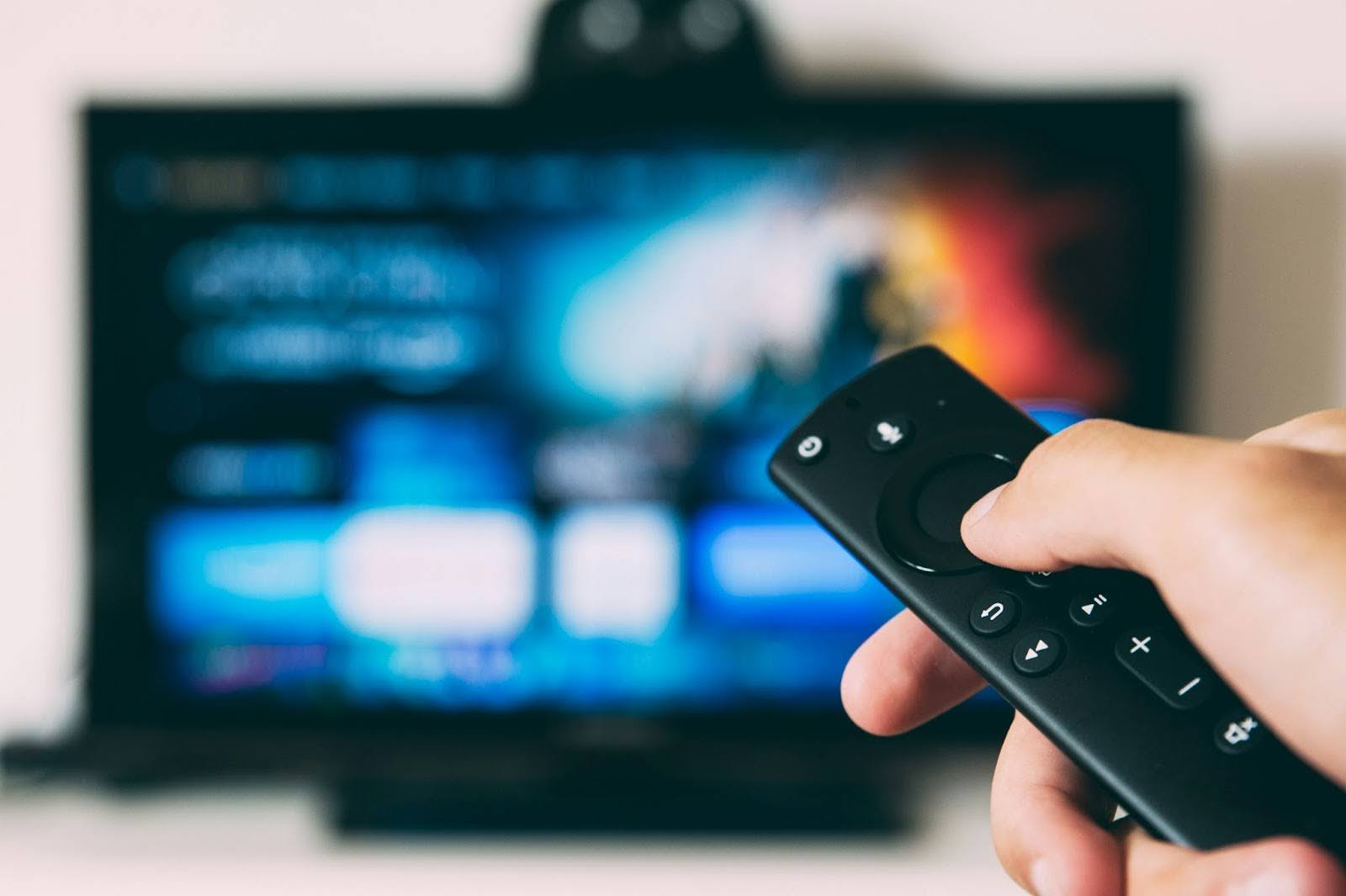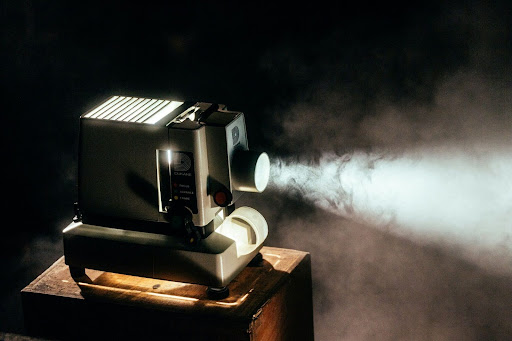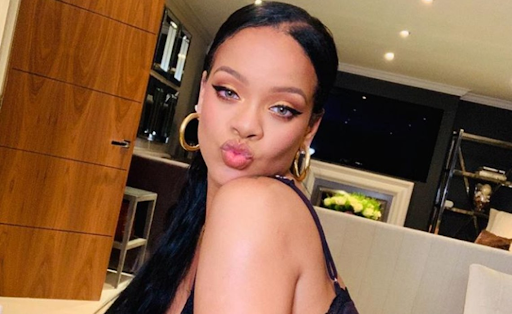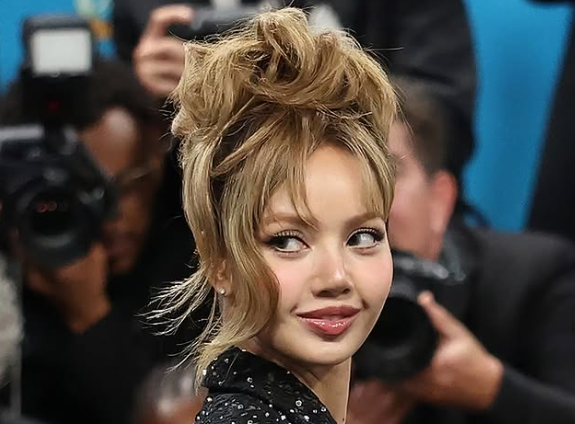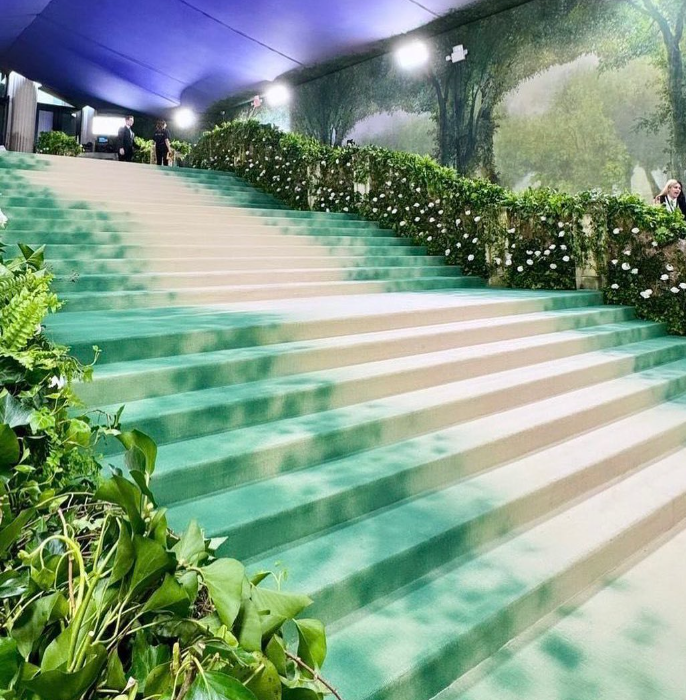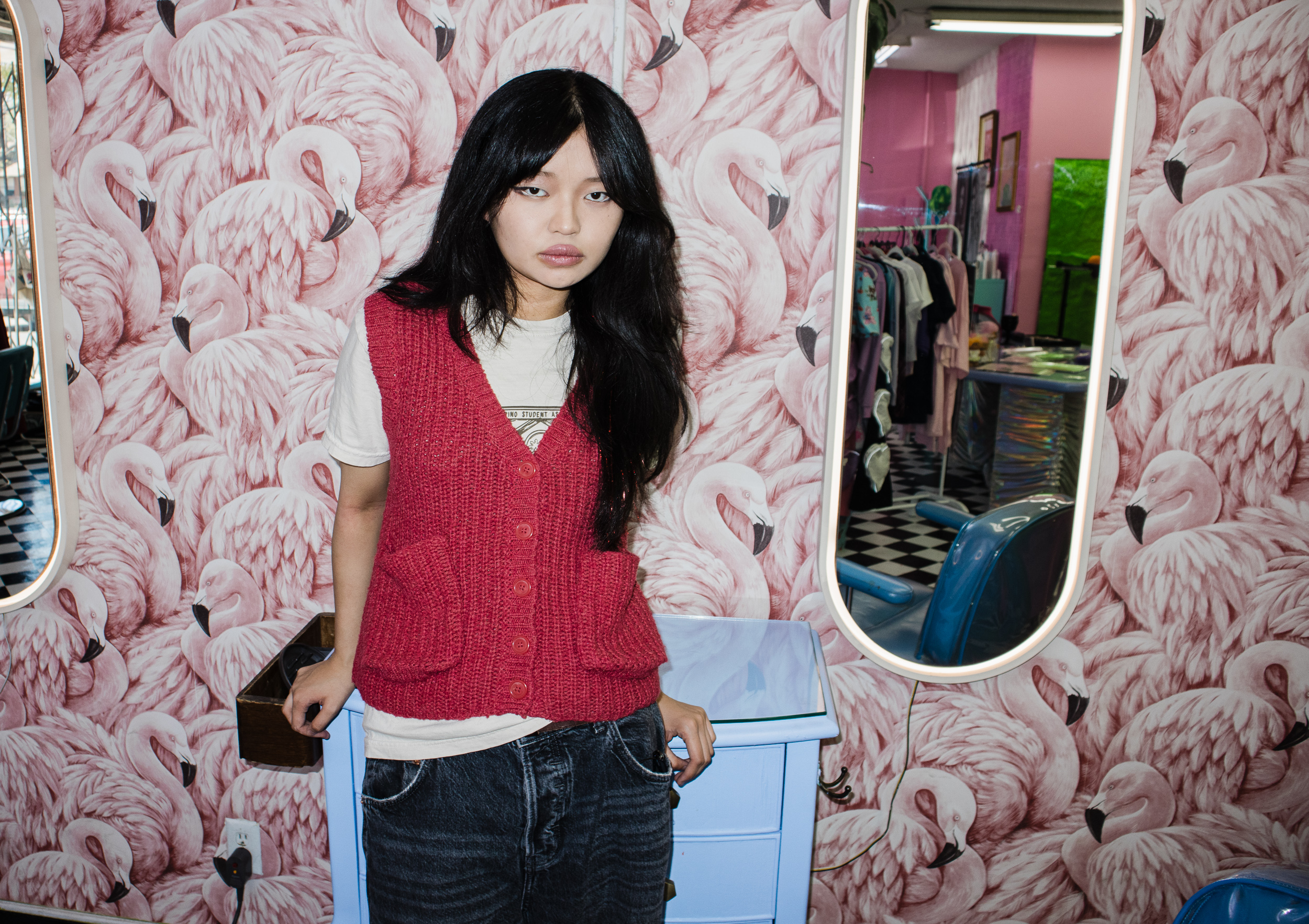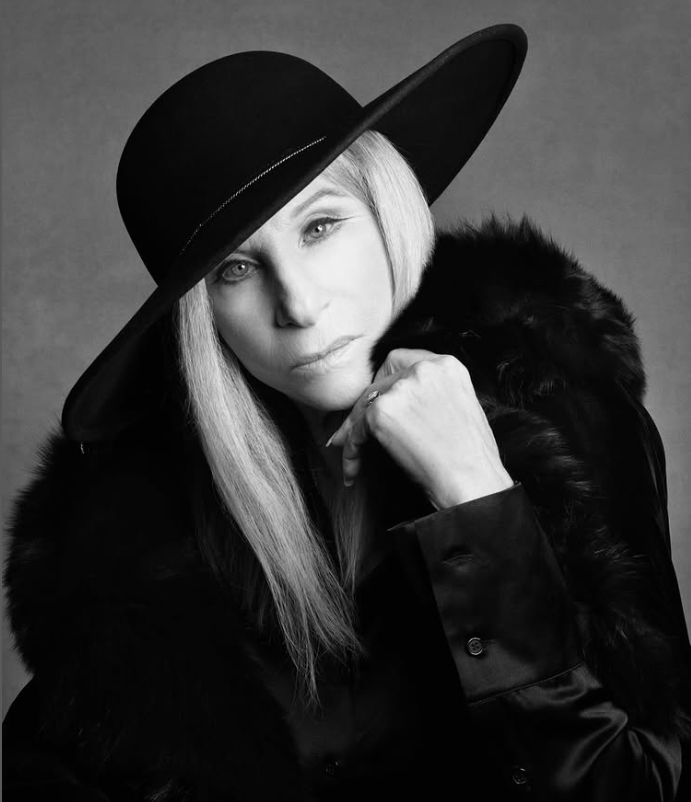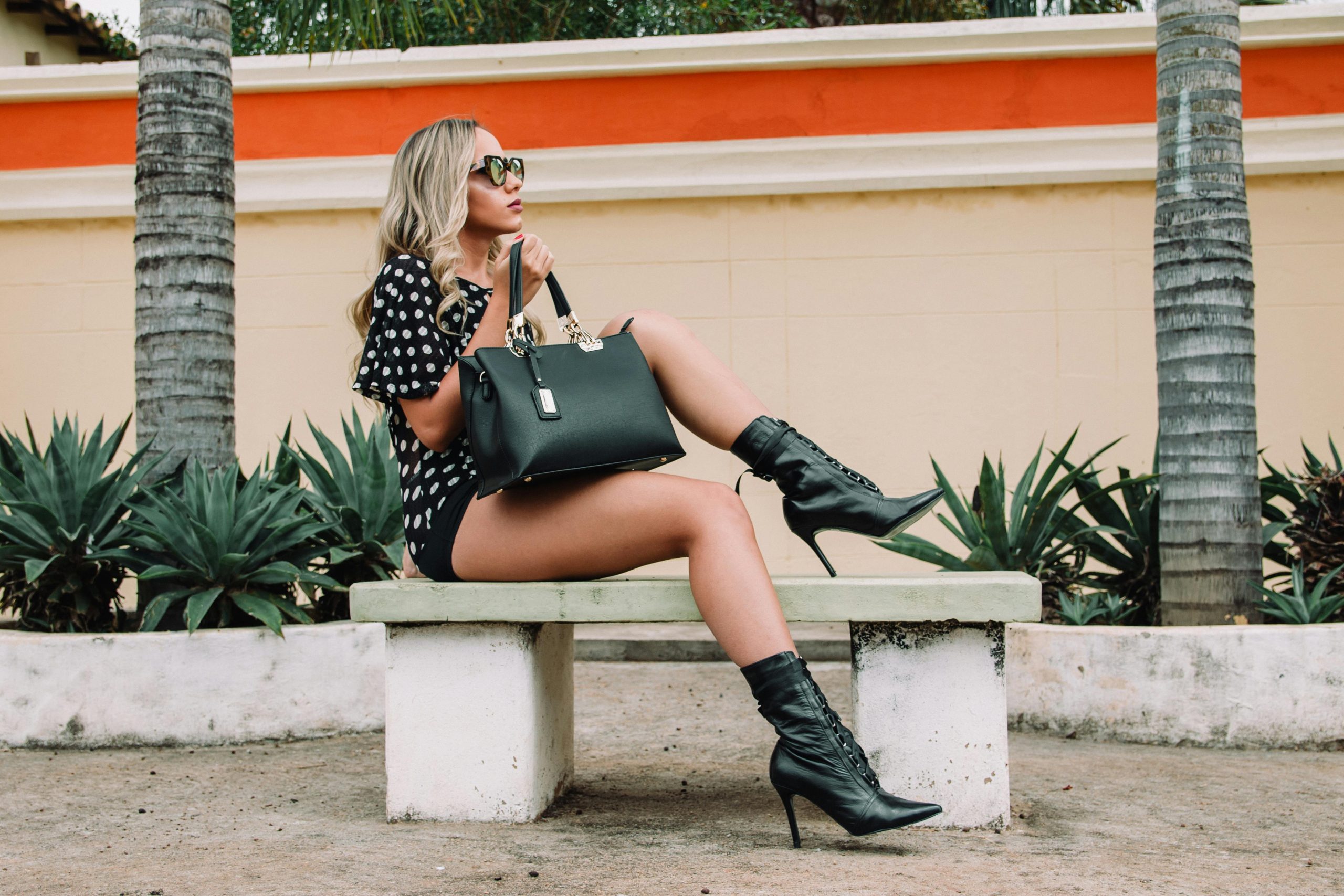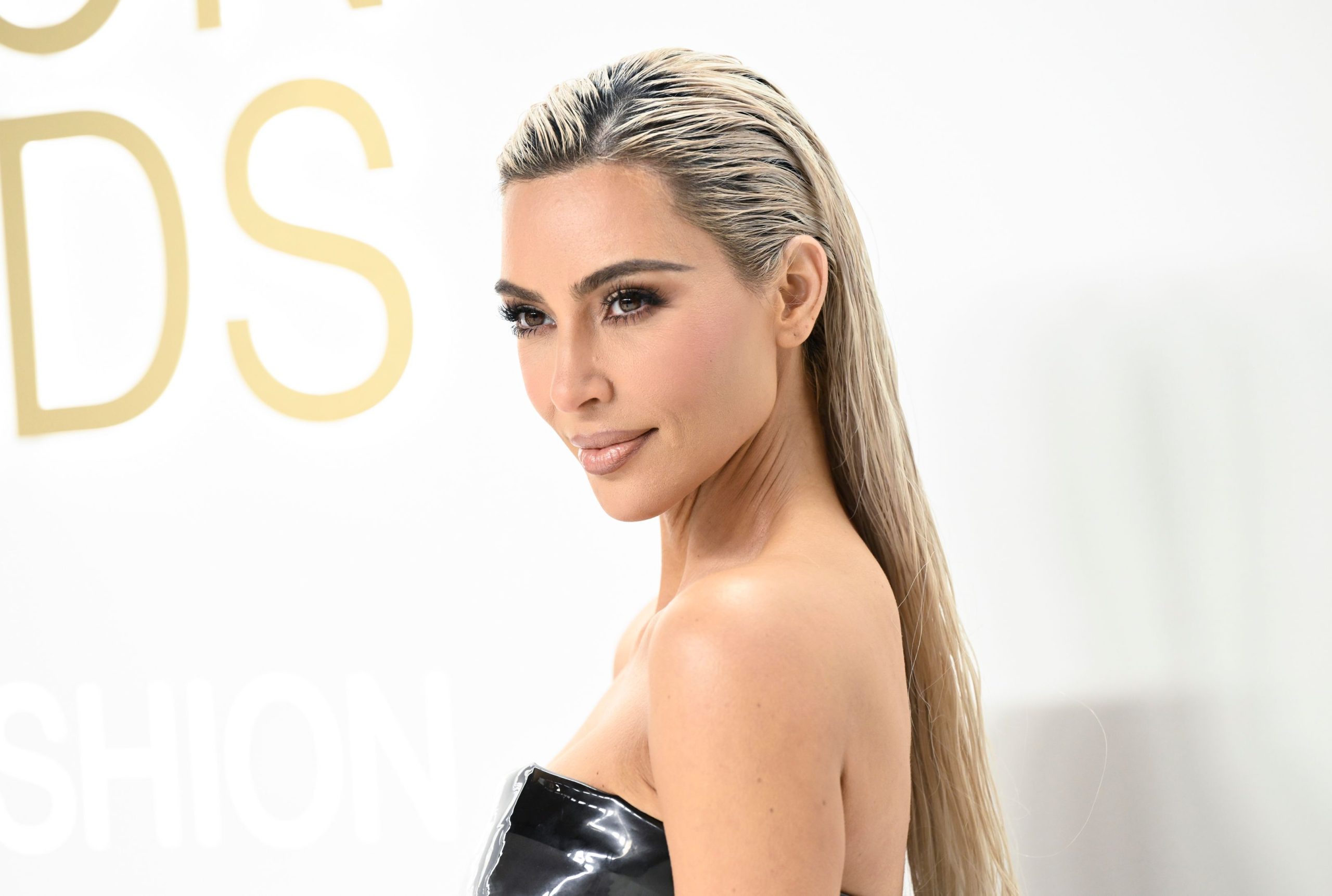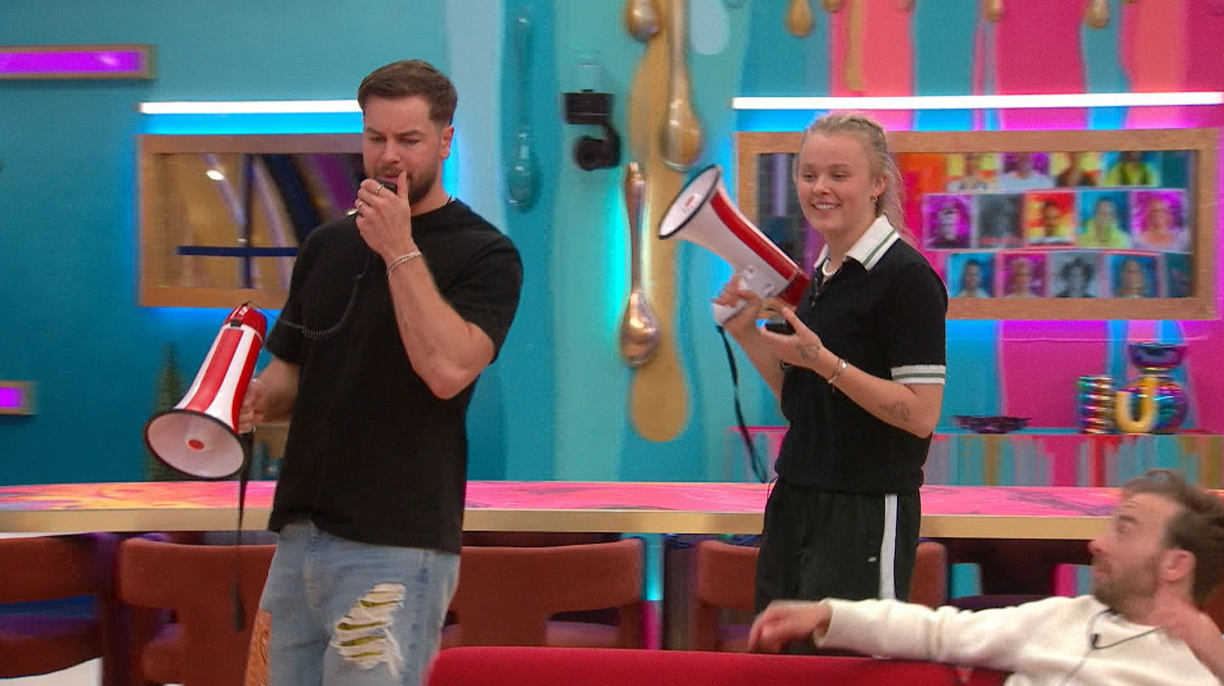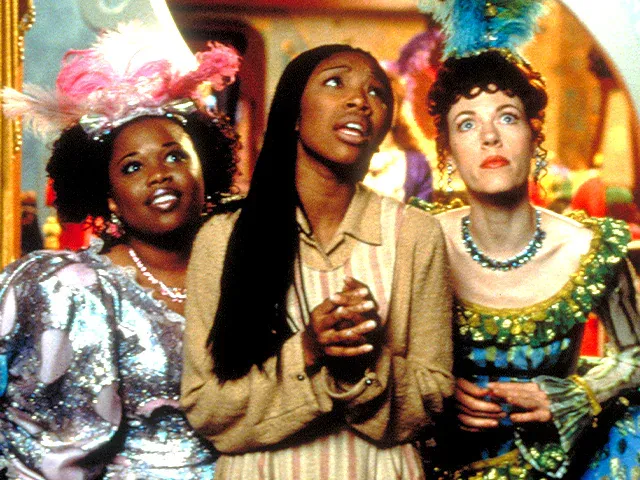
via Disney Plus
Once upon a time, in a land not riddled by pandemic but still riddled with systemic racism, Brandy Norwood did the seemingly impossible for a Black girl: played live action Cinderella in a Disney movie.
Brandy is an icon. We haven’t forgotten, but we love to be reminded. So as we welcome the news that she’ll be joining John Legend as his guest coach on Season 20 of The Voice, we’ll take any chance we can get to think about and talk about her.
From her hit sit-com Moesha (now on streaming platforms!), her discography, and even her now-squashed beef with Monica (kids these days have Sabrina Carpenter, that Driver’s License girl, and whoever the dude their fighting over is, but we had “The Boy is Mine“), Brandy never missed.
Of all the iconic moments she has given us throughout her career, the most memorable is her role as Cinderella in Rodgers and Hammerstein’s 1997 live-action Cinderella.
The seminal Disney film wasn’t just the jewel of the ’90s, which was a problematic time in pop culture, but it is a cornerstone in Black girlhood. What Black girl didn’t want to be Brandy — beautiful in her box braids and ballgown?
Brandy Was the Blueprint
Even before she was Cinderella, I wanted to be Brandy.
She was the epitome of cool. I played her music on repeat, learned the dance moves in her videos (the second I join TikTok it’s over), and even wanted to tweeze my eyebrows to that classic ’90s thin arch — thank God I didn’t go that far. Rewatching Moesha now, I still want to overhaul my wardrobe into one resembling hers and carry myself with her confidence.
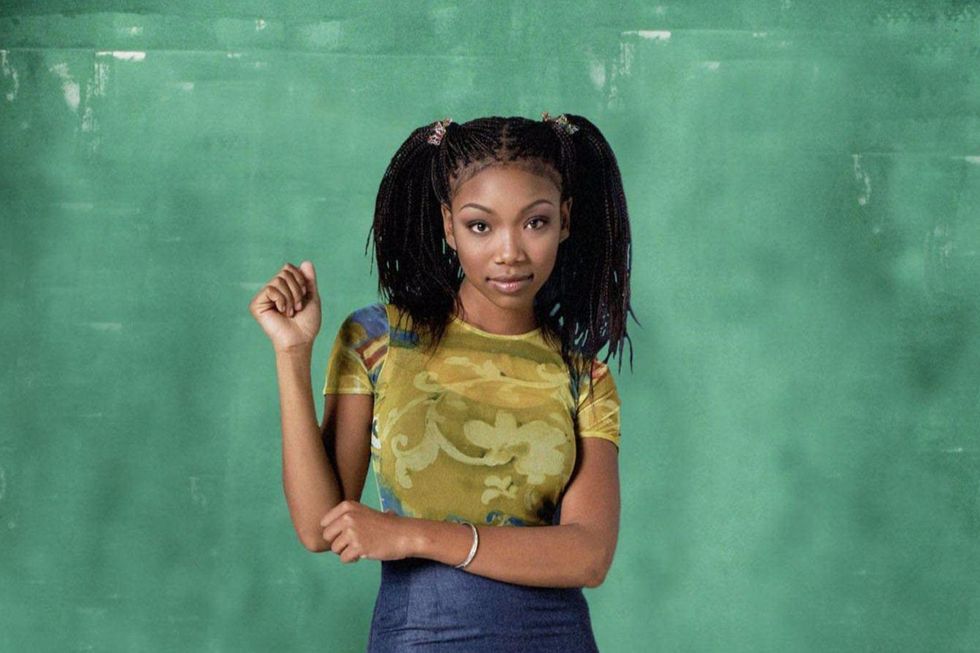
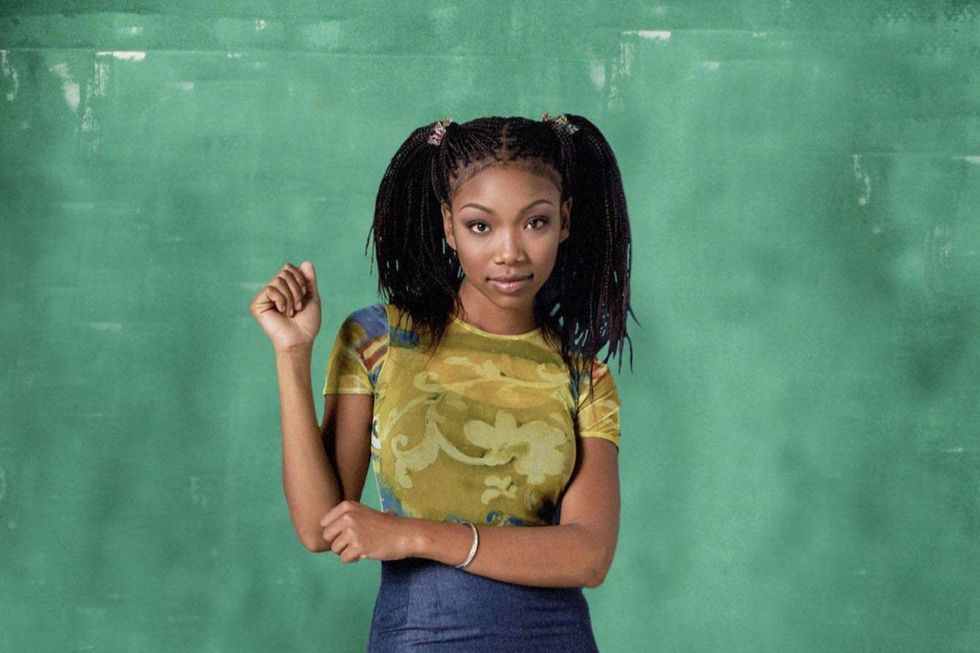
The ’90s had its problems, but it was the golden era for Black films and TV. Before the days when we had to be content with diluted representations of Blackness in ‘mainstream’ (read: white) TV and media. Everywhere you looked, there were Black movies in abundance starring the likes of Sanaa Lathan, Gabrielle Union, Omar Epps and Taye Diggs, and Black sit-coms and shows which spawned blockbuster shows for stars like Will Smith, and Queen Latifah.
So it made sense that Brandy did everything. And because she’s Brandy, she did them all well.
She Wasn’t Just a “Black Cinderella”
While there were more Black movies in the ’90s, they were seen as movies exclusively for Black folks, not netting the same profit as similar white media. Living Single, for example, inspired Friends… but we know which one was canceled and which one still has a cult-like status.
David Schwimmer wants a Black reboot of Friends? He doesn’t know Friends was the white ‘reboot’ of Living Single -… https://t.co/YAP6Pn2JGx— Clay ‘Critical Thinking Theory’ Cane (@Clay ‘Critical Thinking Theory’ Cane) 1580259317
The 1977 film was a departure from the more segregated films of its time. The cast starred multiple Black women, but Brandy, Whoopi Goldberg, and the inimitable Whitney Houston were all big enough names that they had universal audience appeal.
Therefore, Rodgers and Hammerstein did not have to hold back in making the film. They knew people would watch it, so they had the freedom to play with casting and storytelling in a way that felt new and not contrived.
Casting Paolo Montalban, a Filipino actor, as Prince Christopher, with Whoopi Goldberg and Victor Garber as his parents were unconventional choices, but the film left them unexplained.
The effect was not the problematic idea of “color blindness,” but instead built a foundation on the philosophy of possibility, love, and magic.
Brandy, therefore, wasn’t just Cinderella-but-Black, or some caricatured version of Blackness made to fit a princess dress, she was a whole person with a love story that was so uncharacteristically nuanced that it resonated with everyone.
A Fairytale that Feels Real
On a screenplay level, the 1997 Cinderella didn’t count on the fairytale for much more than character and structure.
To have its more nuanced focus, the film had to recreate the relationships between the characters — especially between Cinderella and her prince.
The film emphasized the actual relationship between the two, giving their love a chance to develop rather than relying on the swiftness of the original fairytale. This is an especially important dynamic to consider with a Black princess: telling a story that doesn’t objectify its Black love interest but acknowledges her as a full, whole person.
Black women are, more than other women, so often seen as static representations of racist ideas, and even well-meaning media acts out these familiar tropes. So it wasn’t just revolutionary for a princess movie to develop its titular relationship; it was especially rare for the center of such a careful story to be a Black woman.
Watching Brandy feel empowered in her relationship, instead of following the whims of a man whose power dynamic represents not just the rags and riches dynamic, but a racial one too, was empowering beyond belief.
For many young Black girls, being desired is represented as the ultimate prize — like if anyone ever wants you, that should be enough. How many films have shown powerful Black women lower their standards and stop being so picky to settle for a man?
But Brandy’s Cinderella dreamed of more than desire, of riches, of love. She dreams of “kindness and respect.”
The New Vanguard
As the first Black princess in a life action Disney film, Brandy carried the torch for other Black princesses.
Keke Palmer later played Rodgers and Hammerstein’s Cinderella on Broadway, becoming the first Black Cinderella on Broadway.
The recently announced Little Mermaid adaptation is now filming, starring Halle Bailey of the Beyonce-signed singing group Chloe x Halle.
Though there is still backlash about Black princesses almost 25 years later, all these new adaptations recall Brandy — the very first, the blueprint and still one of the most iconic Disney films of all time.
It seems overindulgent to say that Brandy in that film is one of my heroes — for what? Being a princess? But it’s not just that. It’s not about the movie validation from the prince, nor the validation from Disney, nor the network or the producers. It’s that air of possibility that the movie carries, that Brandy embodies — the one I learned from watching Cinderella on repeat again and again and again.
